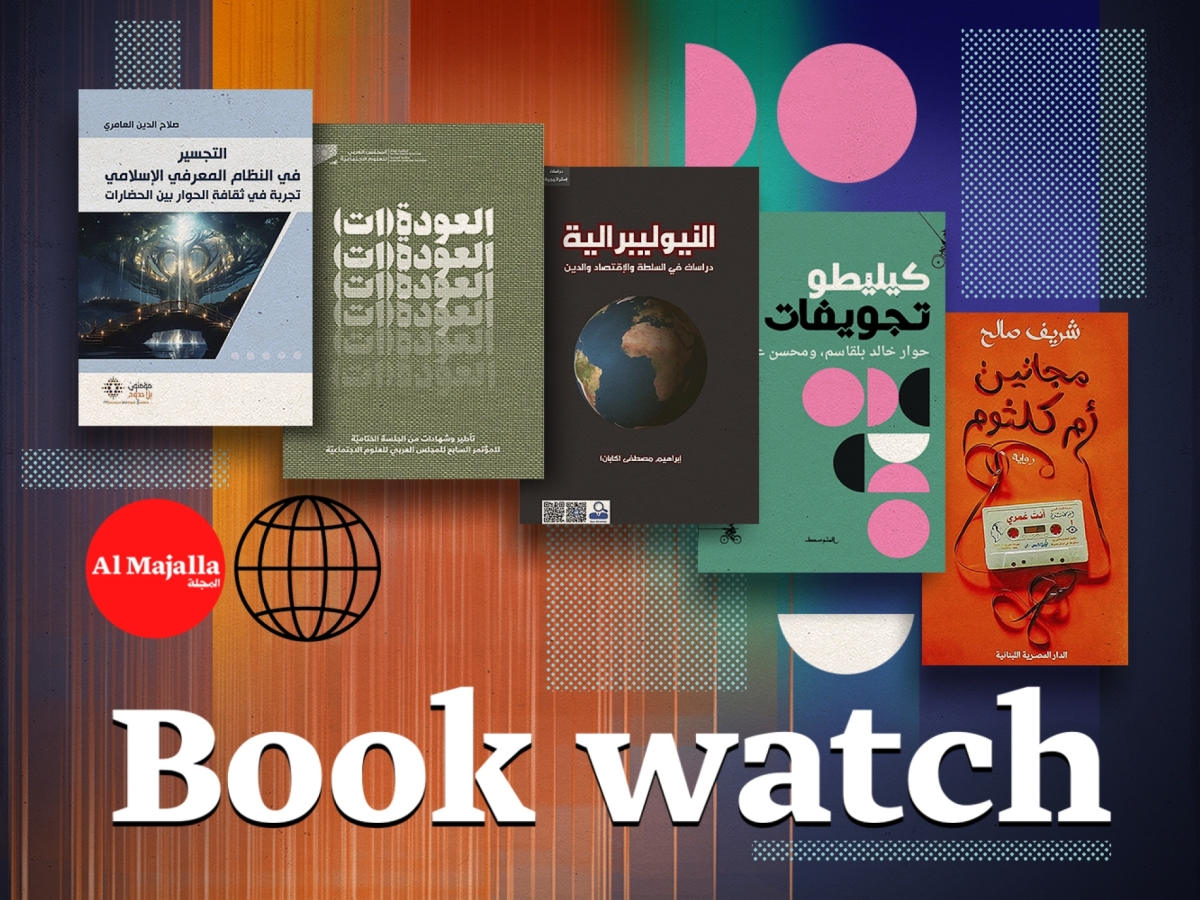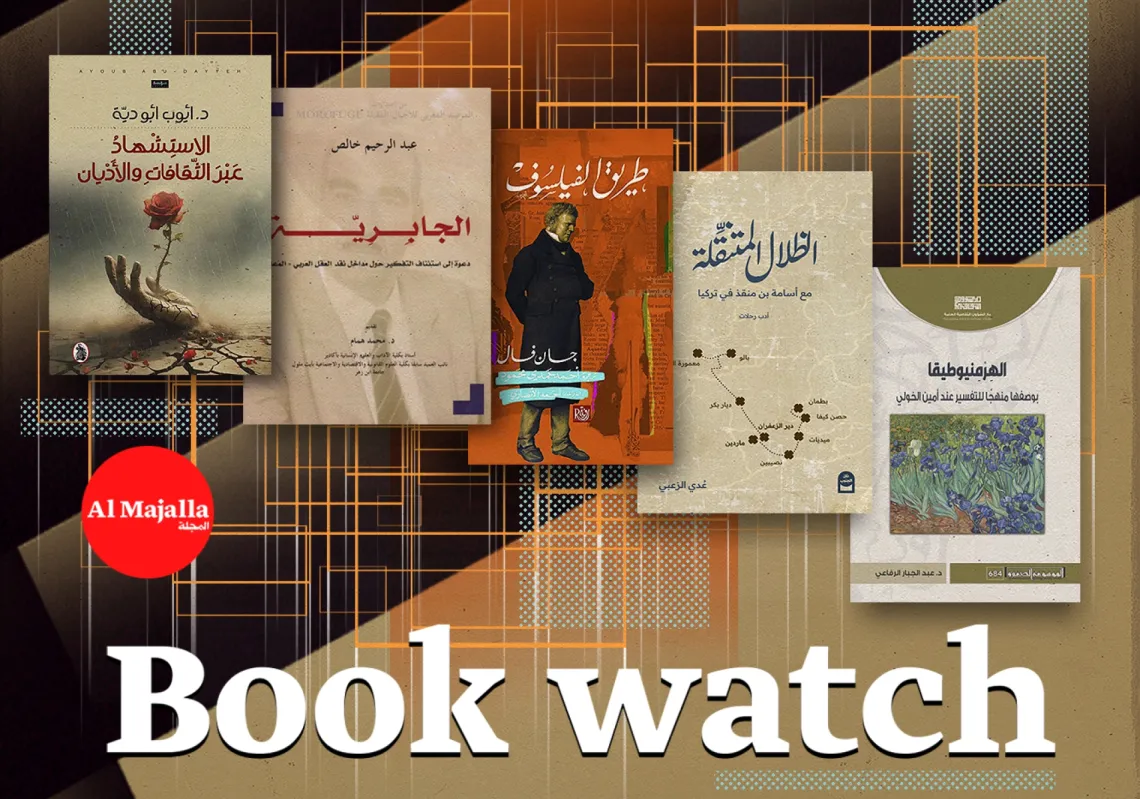The Arab world has a vibrant and rich literary scene. Al Majalla picks out some choice titles in our fortnightly round-up of the latest Arabic books, which aims to highlight some trends and thinking in the Arab world.
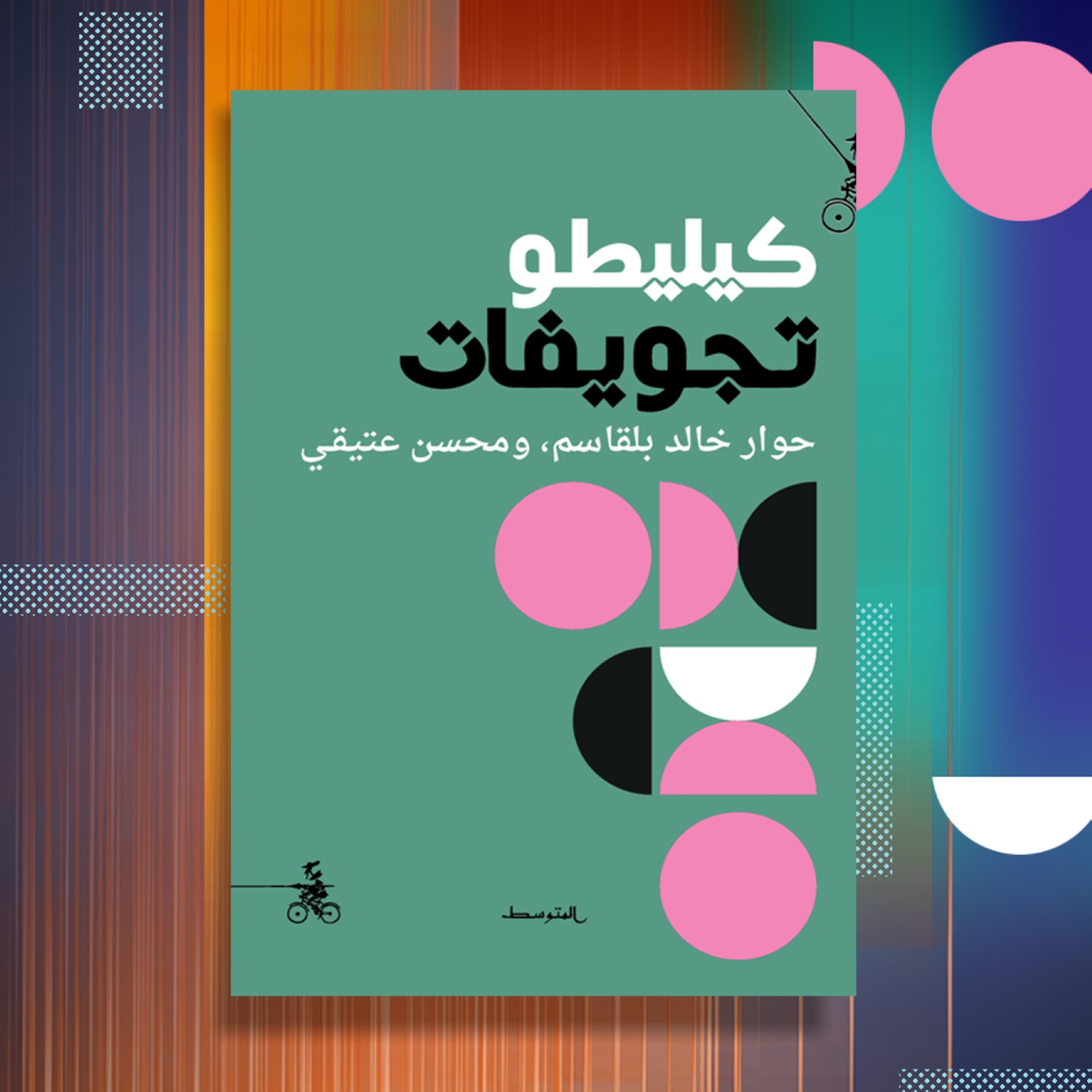
Kilito – Cavities
Interview by: Khalid Belkacem and Mohsen Atiqi
Publisher: Al-Mutawassit Publications – Italy
The Moroccan critic Abdel Fattah Kilito is well-known for his influential perspectives on Arabic literature that go beyond literary critique into reflections on thought, knowledge, and culture at large. Here, the authors engage him in dialogue, which is both a delight and an intellectual gain, unearthing memories and insights. The book, published in 2024, comprises an extended interview across seven chapters covering topics such as dreams, reading, classical literature, and storytelling.
Kilito says the project began a year prior to the book’s release, following a meeting with the interviewers, who discussed the idea of publishing a book-length conversation. His idea that the questions be submitted in writing was adopted. He says the interviewers “succeeded in formulating questions tailored specifically to me and addressed directly to me, based on a thorough study of my writings... I could only answer some of them, which is why my responses take the form more of commentary on their careful and profound analyses”.
The interviewers go well beyond the conventional role of posing questions; instead, they examine his methodologies, delve into his literary interpretations and discoveries, and position themselves as analytical partners, rather than mere interlocutors.
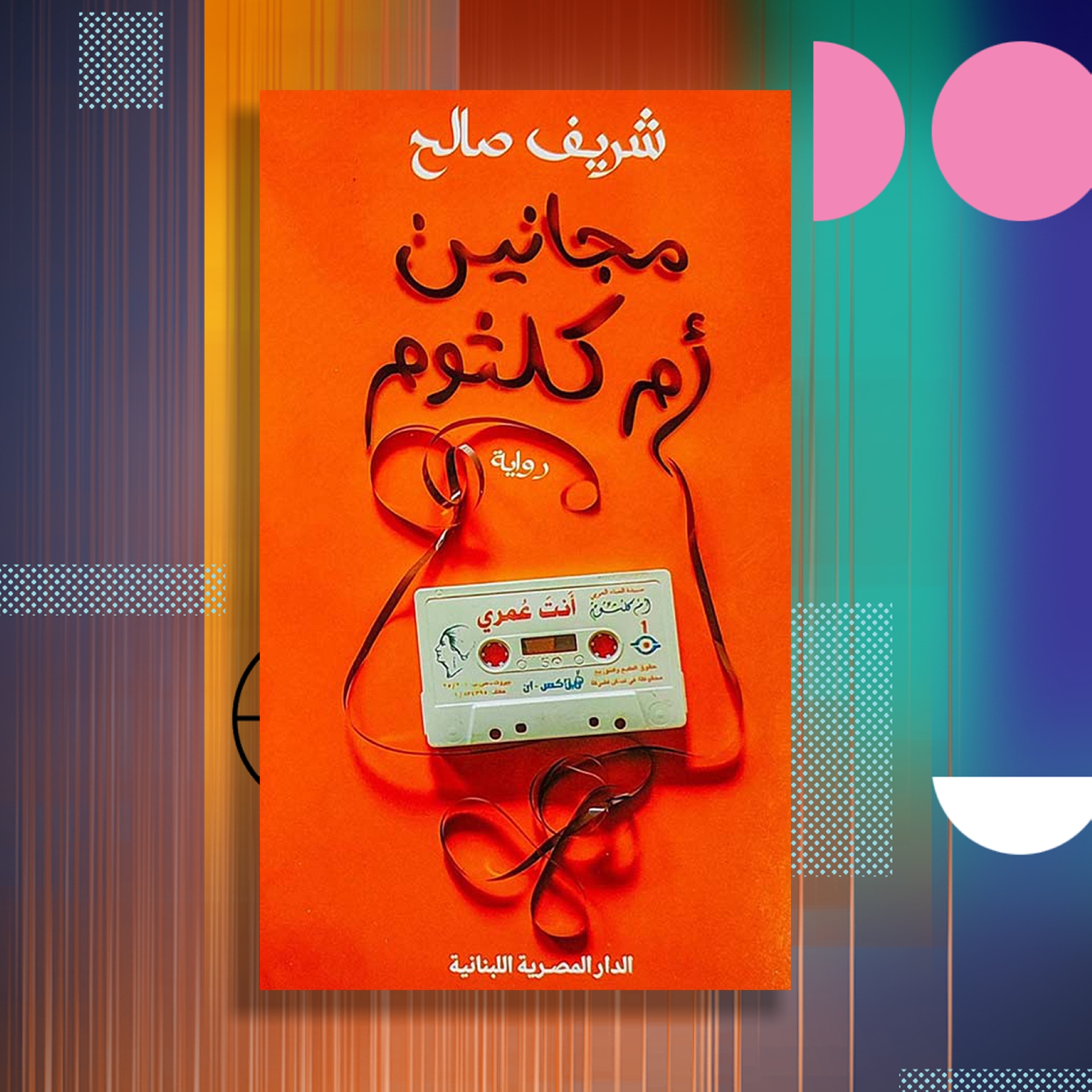
The Madmen of Umm Kulthum
By: Sherif Saleh
Publisher: Al-Dar Al-Masriah Al-Lubnaniah – Egypt
This novel tells the story of the legendary Egyptian singer Umm Kulthum not solely through her life, songs, composers, or milestones, but primarily through the lens of her audience: the “madmen” who adored her. Whether from Egypt or from the broader Arab world, these frenzied admirers collectively forged the myth of Umm Kulthum, elevating her into an unrivalled cultural and musical icon.
Through the novel’s plot and its characters’ individual trajectories, readers engage in Egypt’s political and social shifts. In parallel, Saleh explores Umm Kulthum’s music: its intricacies, variations, and emotional depths. Often, a song—or even a single lyric—serves as a narrative trigger, ushering in new scenes or emotional tones.
One such scene was a wedding at the Ministry of Finance Club on the Corniche, not far from the Balloon Theatre. “My family and hers met for the first time. Her grandfather was there, her mother, her brothers Abdel-Moati and Rizq, her younger sisters Wafaa and Zezi, with their children. We were a curious mix: part rural, in galabiyas and full of youthful mischief, and part Cairene, led by my mother and my sister Gamila with her husband Hani, an elegantly dressed petroleum engineer, my colleagues from the Balloon Theatre, and most members of the ‘Guardians of Umm Kulthum’ Association.”
The narrator continues: “Salma had arranged with the DJ to mix up the playlist, personally choosing Zidini ‘Ishqan by Kadim Al Sahir and Ka‘b El-Ghazal, but the songs that got everyone dancing were mostly by Hakim and Hassan Al-Asmar... To soft music and dim lights, we stood in a circle among the guests and danced, her (Umm Kulthum’s) head resting on my shoulder. It was a model 1990s wedding, an explosion of colour and light, floral Hawaiian shirts, and glittering sequined dresses. From time to time, the DJ would loop snippets of Alf Leila Wa Leila: ‘We’ll tell the sun to come / after a year / not before a year / for this sweet night of love / is worth a thousand nights and days...’”
At this point, the narrator offers a moment of musical reflection: “I love the way the rhythms and violins start with such piercing softness, before the saxophone enters. In a moment of love, the balance of the universe is thrown off: the night equals an entire lifetime. The sun is a nuisance, unnecessary. The night continues, as do the dancing and the music, as if the song were the very essence of One Thousand and One Nights, Shahrazad and Shahryar, Salma and Galal. In my mind, Rubaiyat Al-Khayyam leapt alongside Alf Leila Wa Leila. Both begin with intoxication and the seizing of pleasure, but end in repentance to God. The only difference is that Alf Leila revels in the joy of both soul and body, without the slightest tinge of guilt.”
The novel subtly integrates documentation of songs and performances into its structure, achieved with such narrative elegance that the reader never feels burdened by archival weight nor distracted by musical commentary. Instead, the music becomes an organic part of the storytelling, echoing the rhythms of memory, longing, and identity that define the Egyptian experience of Umm Kulthum.
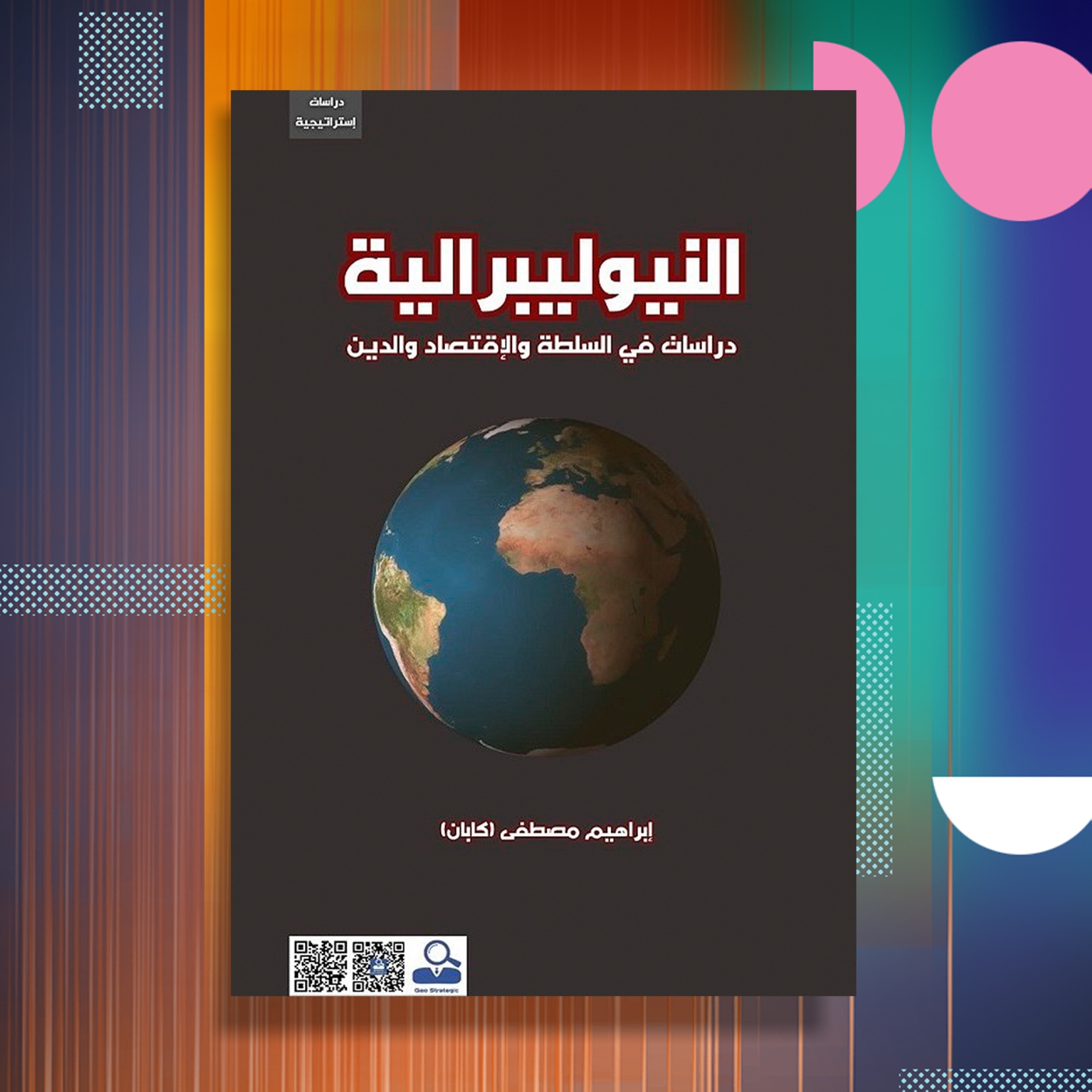
Neoliberalism: Studies in Power, Economy, and Religion
By: Ibrahim Mustafa (Kaban)
Publisher: Geostrategic Centre for Studies – Private Edition
This book focuses on a force that has shaped the world in recent years: neoliberalism. It serves as a sequel to the author’s earlier work, Anchoring the World: A Global Order in the 21st Century, and looks at neoliberalism not merely as an economic policy or intellectual school, but as a pervasive system of power, conditioning, and control.
Kaban argues that neoliberalism infiltrates all spheres of life: from the economy to religion, from governance to the most intimate aspects of being. It all comes wrapped in the appealing language of “freedom” and “liberation,” he says, but in reality is more concerned with domination and subjugation.
Neoliberalism is no transient economic phase, Kaban argues, but rather a full cross-sectoral order that redefines the legitimacy of power, reconfigures the relationship between state and society, and blurs the boundaries between economy and religion, authority and culture. He therefore sets out to “deconstruct” it.
As global crises continue to challenge longstanding assumptions about the state, the market, and the role of religion in public life, Kaban’s work looks at the effect of neoliberalism on these institutions. Drawing on both critical theory and lived experiences, the book aims to provide analytical clarity and provoke new questions.
A central concern is the shifting role of the nation-state under neoliberal influence. Historically, the modern nation-state has been a central organising framework, mediating the relationship between sovereignty and society, internal politics and external dynamics, and public authority and economic control. It emerged from a mix of colonialism, war, class conflict, and social revolution.
Neoliberalism, Kaban argues, constituted a deliberate political project to redefine the very notion of the state. It hollowed out its social role and transformed governance into mere administration beholden to market logic, growth metrics, credit ratings, and global rankings, effectively dismantling the classical concept of the nation-state.
This volume is a rigorous, academically grounded attempt to trace and understand these transformations. It offers a comprehensive and nuanced reading of how neoliberalism continues to shape societies, especially in the developing world, and amounts to a call to action: to seek political, cultural, and developmental alternatives capable of resisting and overcoming neoliberalism.
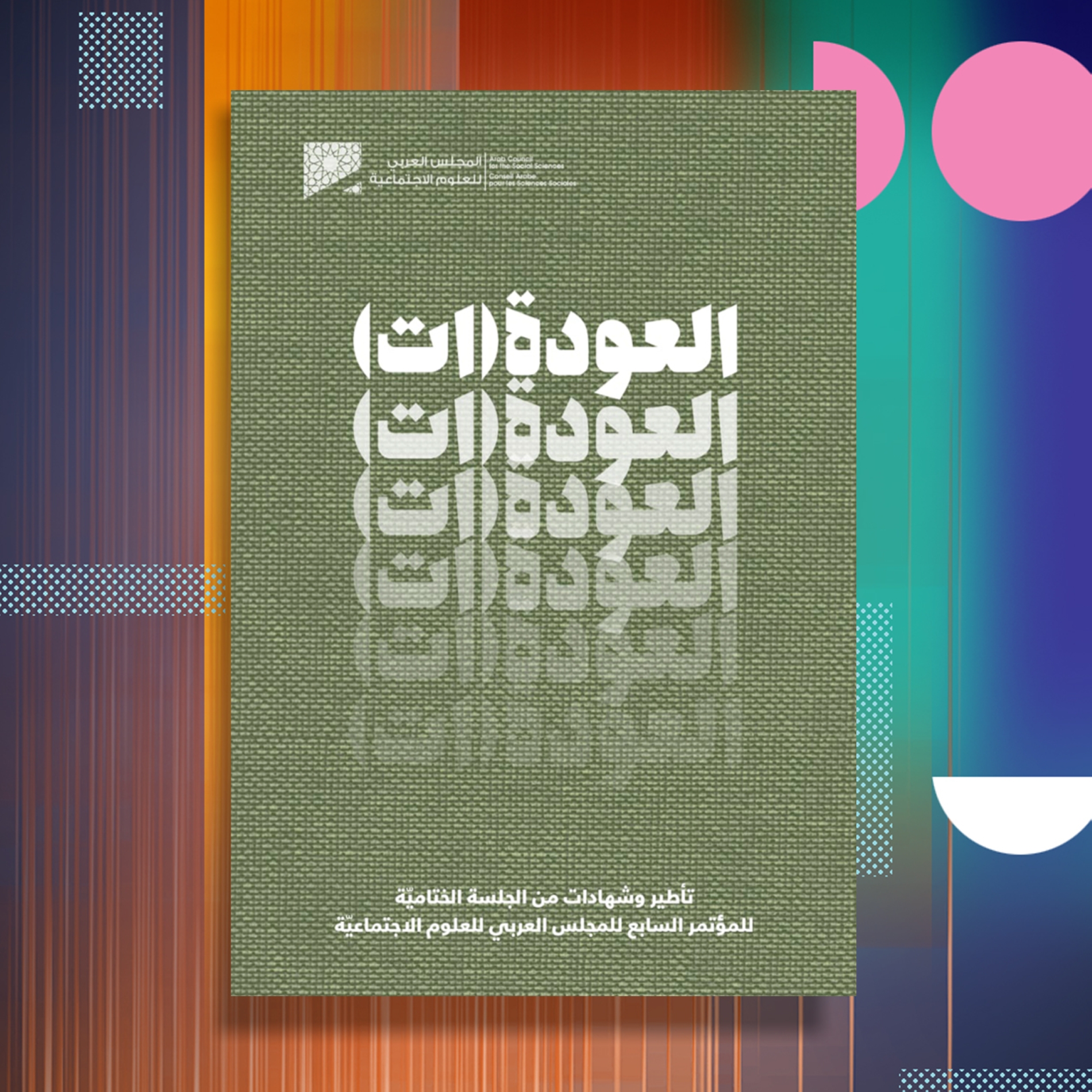
Return(s)
By: Multiple authors
Publisher: Arab Council for the Social Sciences – Lebanon
This volume brings together the contributions presented during the closing session of the 7th Conference of the Arab Council for the Social Sciences in Beirut in May 2025. The conference theme of returning is explored through a series of scholarly and testimonial reflections on the notion of ‘return’ in contexts marked by displacement, war, and longing.
The plural form in the title suggests that returns can be repeated, deferred, imagined, or long-awaited. Researchers and witnesses discuss what it means to return, not only to a physical place but also to a state of being, a community, or a memory. The book features testimonies from regions that have experienced return, continue to undergo it, or still await its possibility.
These accounts collectively examine 'return' as a lived, intellectual, and political phenomenon, not least by Dr Setenay Shami, who traces the evolution of 'return' from an everyday word to a theoretical concept with interpretative power within the social sciences, and by Dr Rana Sakaria, who recounts her return to South Lebanon following the most recent Israeli war, a personal and poignant story shaped by destruction.
Similarly, Dr Omar Dahhi reflects on returning to Syria, his words steeped in memory and moral questioning as he considers the ethics of going back to a country that is trying to emerge from the shadow of Bashar al-Assad's regime. Elsewhere, Dr Abaher El-Sakka addresses the enduring question of return to Palestine, invoking a collective memory of displacement and the ongoing Nakba (Catastrophe), speaking of multiple 'returns' sustained through acts of hope and waiting. For him, return is not a single event, but a continuous struggle for legitimacy and a defence of the right to return.
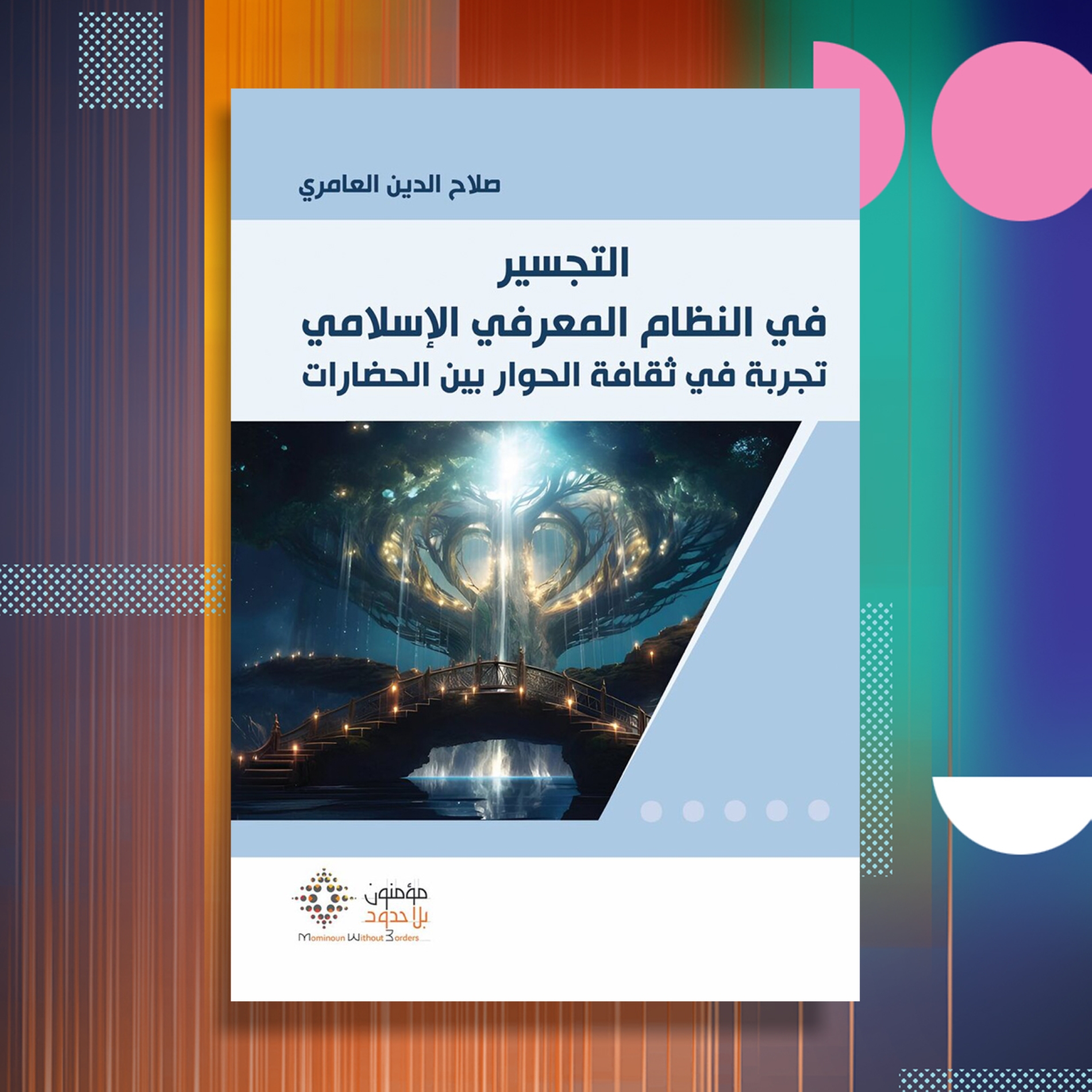
Bridging in the Islamic Knowledge System
By: Salah al-Din al-Amri
Publisher: Mominoun Without Borders Foundation – Morocco
This book explores the Islamic intellect's historical capacity for dialogue and exchange with other civilisations. Here, 'bridging' denotes more than simple interaction; it embodies the Islamic mind's openness and its ability to construct knowledge through intercultural engagement.
Far from being insular, the Islamic intellectual tradition has long operated as a dynamic participant in global intellectual currents, receiving, adapting, and contributing with both confidence and discernment. For the author, 'bridging' is not merely a channel through which knowledge flows, but a foundational mechanism in the very production of knowledge, especially within the Islamic tradition.
He traces the historical trajectory through which Islamic scholars engaged critically with external systems of thought, absorbing, refining, and integrating them into a coherent epistemological framework. This was a process marked not by passive reception, but by active transformation and synthesis. The book argues that the Islamic intellect historically developed its sciences, religious, human, and natural, through a process of deep interaction with other knowledge systems.
This interaction was guided by rigorous critique and experimentation, allowing scholars to harmonise foreign ideas with Islamic principles, thus advancing an integrated body of knowledge. The result was a pluralistic and interdisciplinary knowledge system capable of innovation, refinement, and intellectual expansion, offering a crucial model for the present.
For Al-Amri, 'bridging' is not only a historical reality, but a necessary path forward, a call to revive the Islamic tradition's global spirit by reengaging with the world from a grounded, critical, and forward-looking Islamic perspective.


